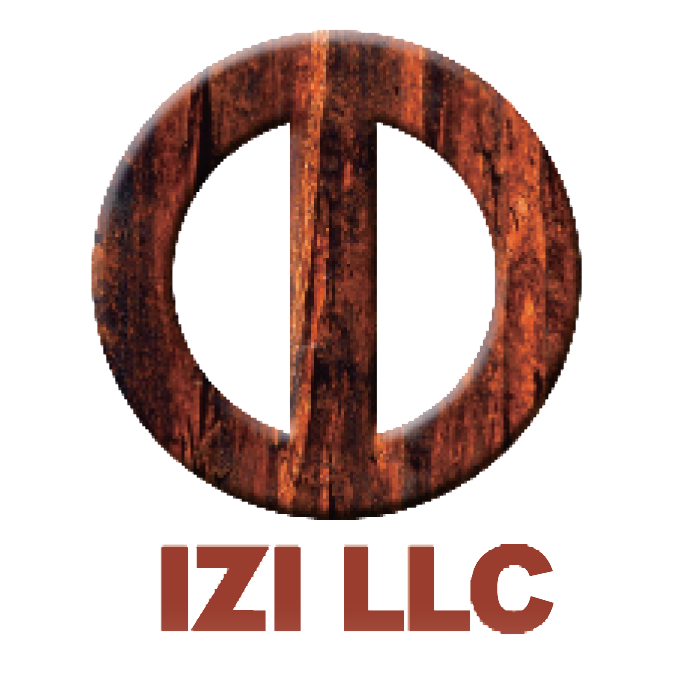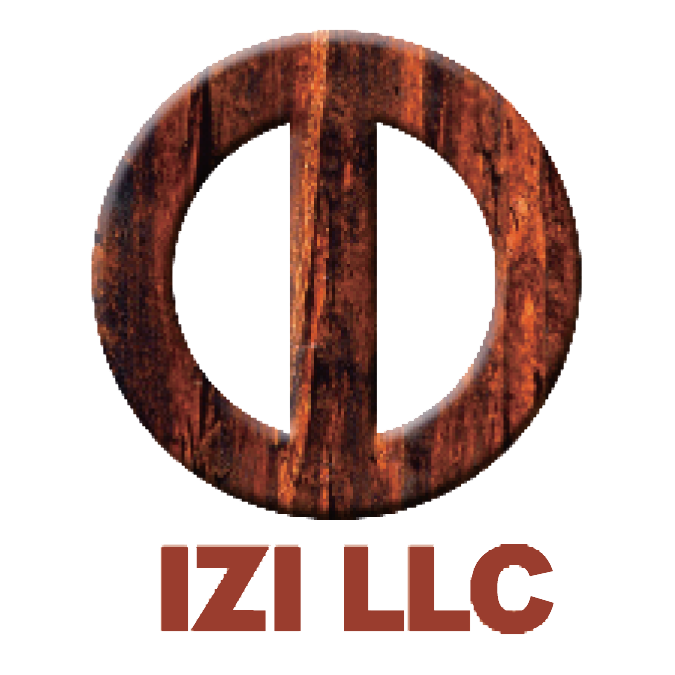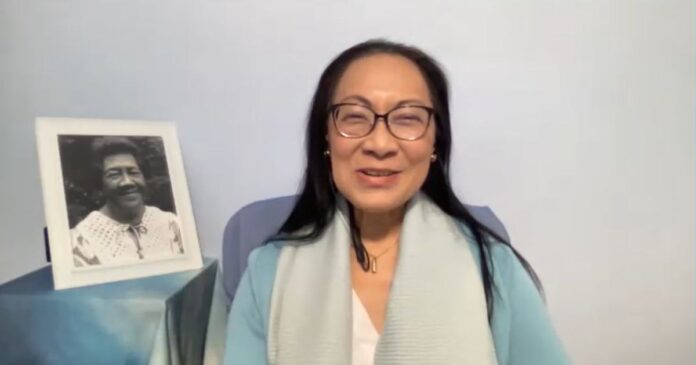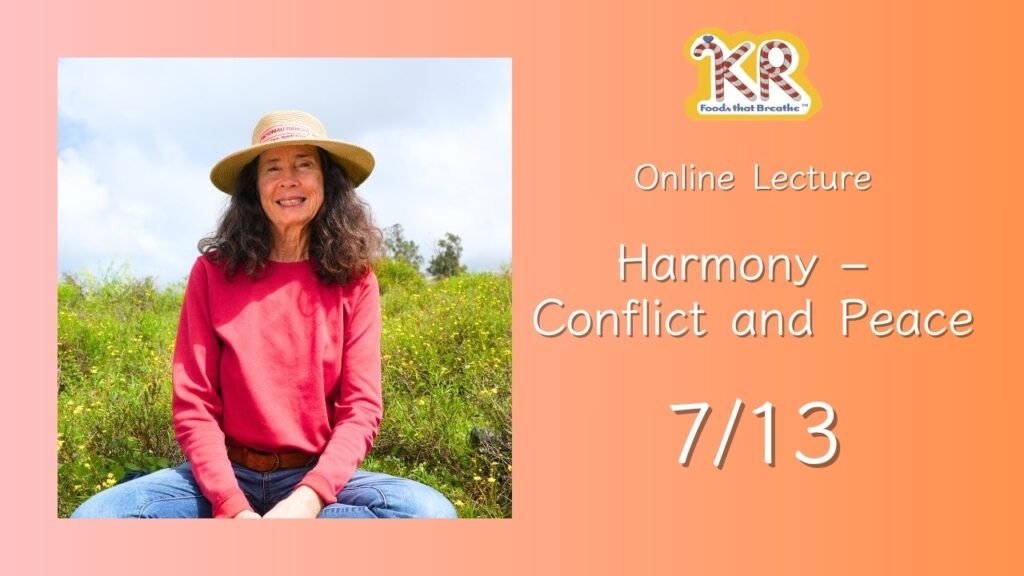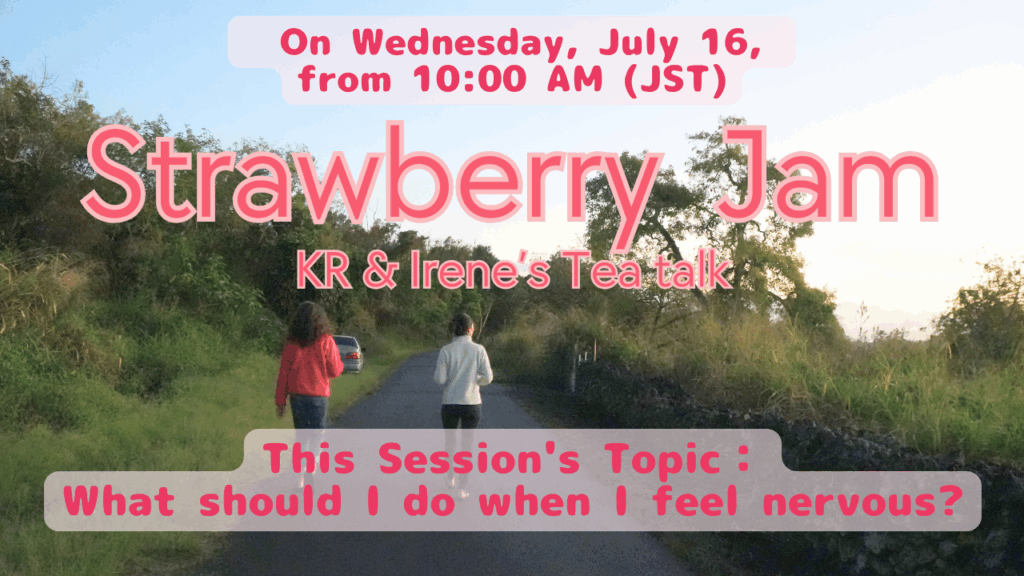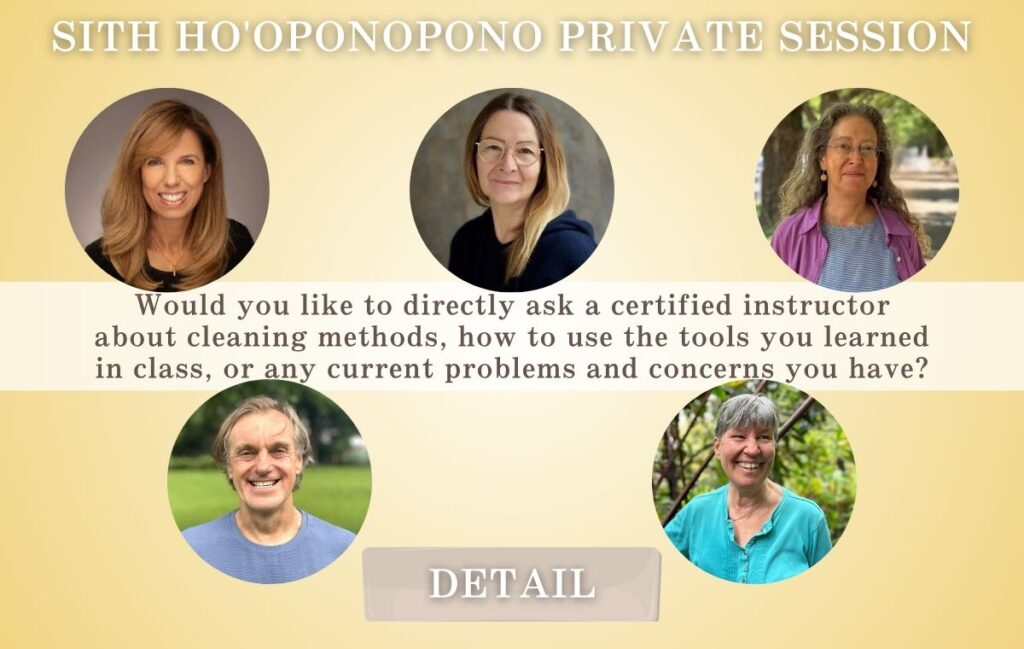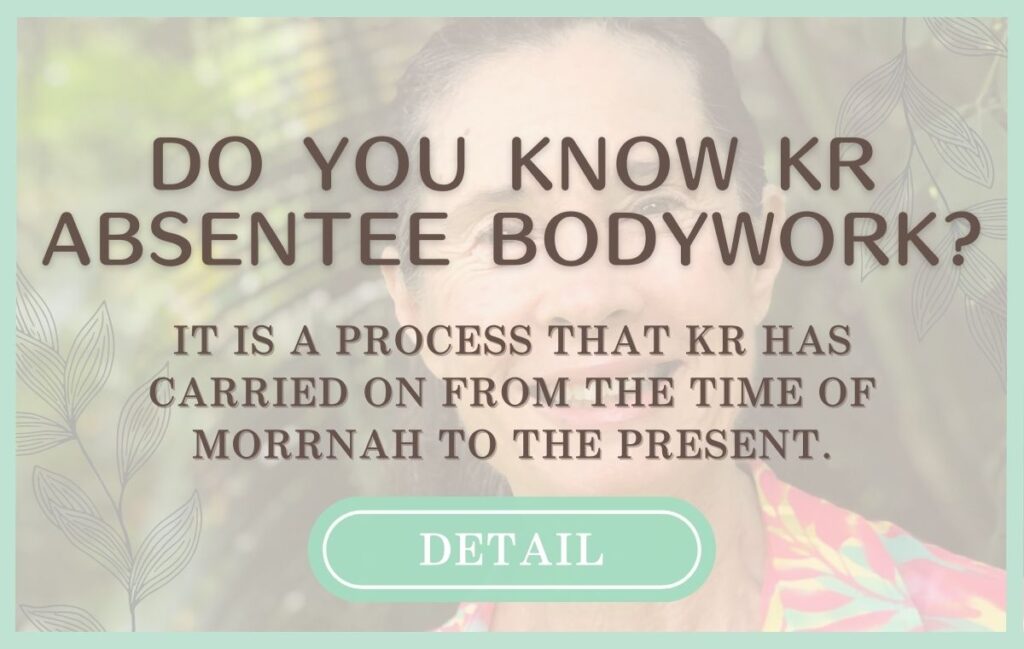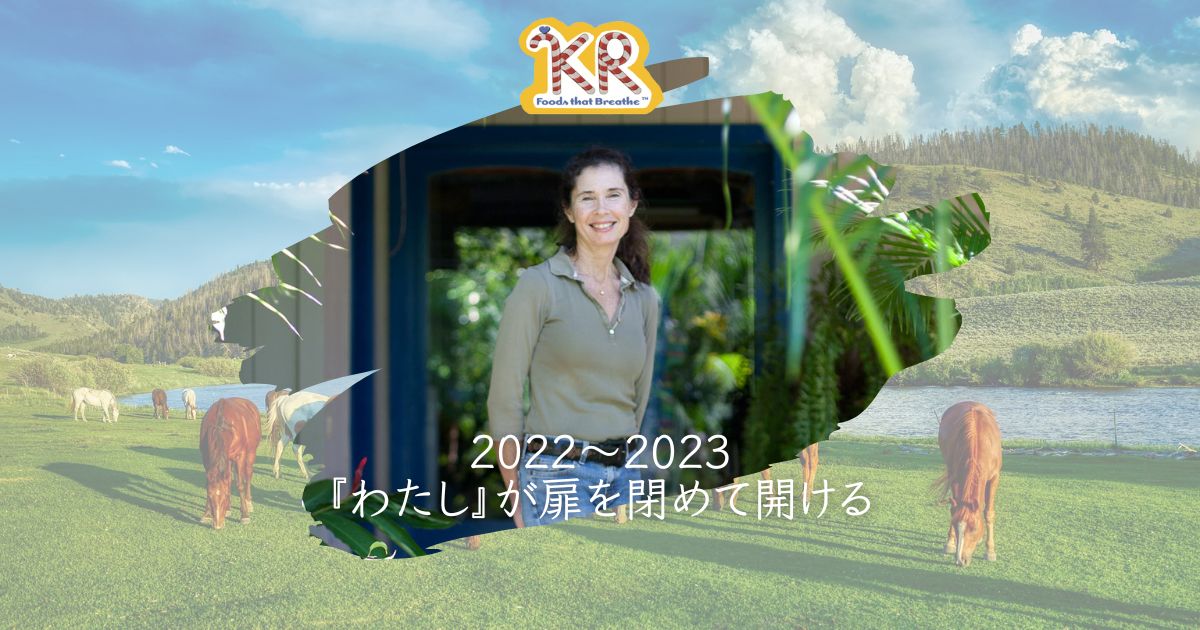In 1982, I spoke with Morrnah for the first time over the phone. That is how I learned about Ho’oponopono.
Later, I visited her office in Hawaii and there was Ihaleakala. He, like me, had just discovered Ho’oponopono and was already working with Morrnah as her assistant.
I can still vividly recall him, Morrnah, and even the room when Morrnah held out her hand toward him and introduced him as “Ihaleakala Hew Len. It was quiet and clean.
Later, Morrnah and Ihaleakala began to visit me at my home in Washington, D.C.. Since then, Morrnah has been like a mother to me, and Ihaleakala has been my “Ohana” (Hawaiian for family).
All three of us were born and raised in Hawaii, and we often joked around and laughed at each other with stories that only the locals would understand.
One of his great qualities was that he was always “down to earth,” that is, sincere. Ihaleakala was always humble in his cleaning, not only with people, but with things, the land, and all situations themselves. He had the same consistent respect for famous and not-so-famous people, and he genuinely treated each person according to his or her true identity, not according to their superficial circumstances. If he saw something wrong with a person, he would continue to clean himself, not as a problem with that person, but as something he experienced.
One day, Ihaleakala asked me to come to Hawaii’s Big Island.
He wanted me to come with him to Lake Waiau on the Big Island (a lake 3,970 meters above sea level on Mauna Kea on the Big Island of Hawaii).
For Hawaiians, it is a sacred lake believed to have been around since the Ice Age, over 10,000 years ago.
To the Hawaiians, it is the center of everything; it has the nickname PIKO, meaning “umbilical cord,” and is believed to be the link from earth to heaven.
I still don’t know why Ihaleakala wanted to go there and take me there.
We were on our way to the sacred lake, but the altitude was so high that I gradually began to lose my breath. However, it became clearer and clearer that this opportunity was very precious, and as I cleaned, I felt that I was in the right place with Ihaleakala, and my walking pace became more and more steady.
Ahead of me was Ihaleakala, who was walking along, cleaning the entire time.
When we finally reached the summit, I was struck by the serenity of the scene.
It was as if time had completely stopped, as if the surface of the lake was covered with a perfectly clear glass membrane.
It was clear that I would never forget this view.
It was an experience of a different dimension. I also knew that Ihaleakala had received inspiration that I needed to see this view and that I needed the proper cleaning to have this experience.
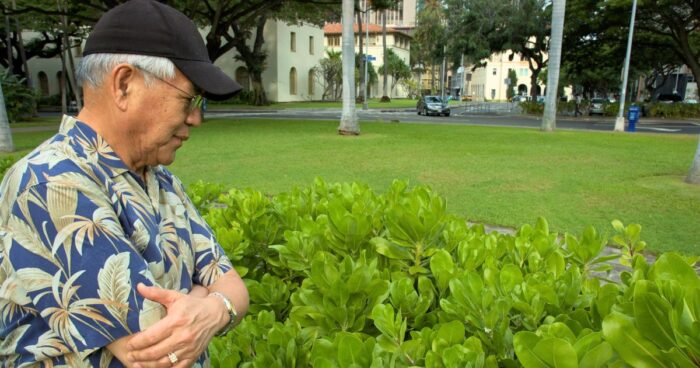
Ihaleakala used to ask me, “How are you feeling these days?
Several times I would reflect and respond, “I don’t know.
In fact, when he asked me, I wasn’t sure if I was feeling good or bad at the time.
And Ihaleakala replied, “Well, that means you are in your original perfect state.
I was listening to Ihaleakala with a surprised look on my face, and then he noticed that I was listening to him and continued, “I don’t know how you understand or what you expect from a perfect state, but not knowing is a perfect situation that offers us more possibilities than we can understand.
Since then, I have become more sensitive to not knowing through cleaning and not making up my own mind about something.
One time, in a class taught by Ihaleakala in Washington, D.C., I cleaned myself as an organizer, planning this and that, reflecting and cleaning so that the class would do what it was supposed to do.
Inspiration came to me to sing “Hawaii Aloha” at the end of the class, a Hawaiian hymn of thanksgiving for the Hawaiian land.
When I mentioned this to Ihaleakala during the break, he cleaned and said, “Okay.
Toward the end of the class, I asked the participants to gather in a circle, Hawaiian style, and when we all joined hands in a circle, Ihaleakala joined the circle.
I told them the meaning of the song and that if they knew it, they were welcome to join in, and we began to sing the song as if in prayer.
With his low-pitched voice, he sang in wonderful harmony with my song. We could all feel a strange energy filling the class.
Both Ihaleakala and Morrnah were very grateful for their Hawaiian roots in this life.
They were grateful that being born Hawaiian in this life gave them the chance to clean with their ancestors. They also said that it was necessary for them to pass through this island.
He said that this cleaning of the frames, the ties, the history, whatever the race, whatever the ethnicity, the closure, to become zero was the purpose of Ihaleakala’s being born Hawaiian in this lifetime.
To become zero, he said, is the purpose of life.
Ihaleakala gave me so much that it will live in me until the day I leave this world.
He was nonstop cleaning. His desire, it was to continually reconnect with Divinity, cleaning and cleaning and cleaning and getting back to zero.
He gave us so much more than loneliness over the loss of his physical body.
I am so fortunate to be able to hold on to these things, to continue the cleaning, and one day to have my body released.
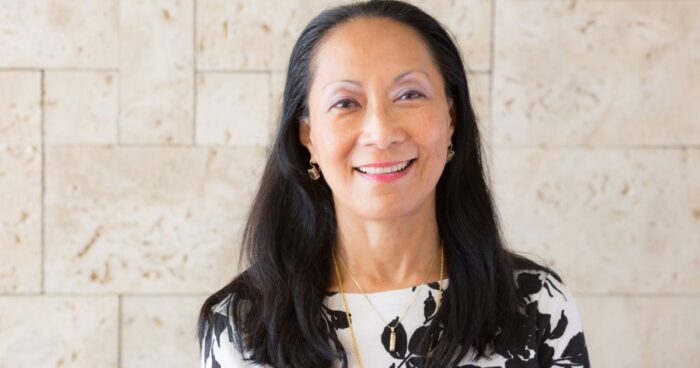
Other articles in memory of Dr. Ihaleakala Hew Len
January 15, 2022:In Memory of Dr. Hew Len
January 21, 2022:INTO DIVINITY
January 15, 2023:Who is 100% responsible for the problems<On the one-year anniversary of the passing of Dr. Ihaleakala Hew Len>
January 17, 2023:Vol. 1 : Mary Koehler (Part 1)
January 24, 2023:Vol. 1 : Mary Koehler (Part 2)
January 31, 2023:Vol. 1 : Mary Koehler (Part 3)
February 7, 2023:Vol. 2 : Marvin Kala’iki Grino
February 14, 2023:Vol. 3 : WAI’ALE’A CRAVEN x
February 21, 2023:Vol. 4 : Betty Pua Taira
February 28, 2023:Vol. 5:Gulya Kekaulike Polikoff
March 7, 2023:Vol. 6:Nello Ceccon
March 14, 2023:Vol. 7:Jean-Pierre Deluca
March 28, 2023:Vol. 8:Deborah Haleiwa Mangis
April 11, 2023:Vol. 9:Momilani Ramstrum
April 18, 2023:Vol. 10:Patricia Leolani Hill
April 25, 2023:Vol. 11:Irene Schwonek
May 9, 2023:Vol. 12:Mahayana I. Dugast
May 16, 2023:Vol. 13:Dieliz Cecile Villegas Surita
May 23, 2023:Vol. 14:Willem Vreeswijk
May 30, 2023:Vol. 15:Jean Nakasato
June 13, 2023:Vol. 16:C. Jarnie Lee
June 27, 2023:Vol. 17:Constance ZHoku=Pana Webber
July 4, 2023:Vol. 18:Kamaile Rafaelovich
